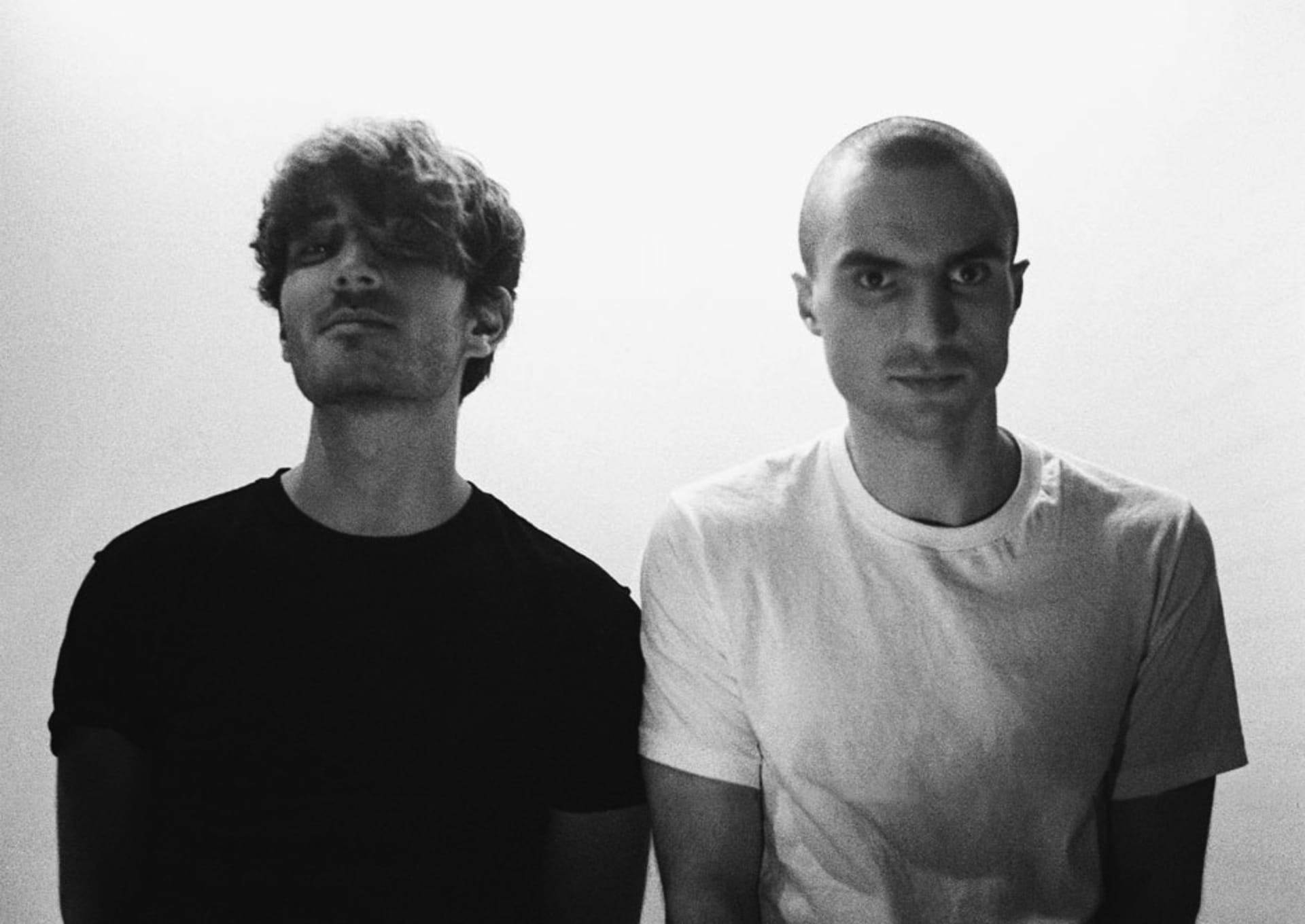
Perfect Ten: Majical Cloudz answer ten questions
This May saw the release of Montreal duo Majical Cloudz‘s second album Impersonator which perfects their template of melancholic, electronic pop, following up on the promise of Debut II and the recent Turns Turns Turns EP.
Vocalist and guiding force of the band Devon Welsh and his production partner Matthew Otto have always demonstrated a healthy work-in-progress attitude, which has led them to a cleverly designed combination of elaborate digital production sounds and Welsh’s murky and intense ruminations. The ten tracks, mid-tempo and minimal, are as focused as they are remarkably sung. Time to subject Majical Cloudz to a Perfect Ten, then? Devon kindly stepped up.
Your most memorable show, and why?
The second show we ever played in Montreal. A promoter put us on a struggling bill at the last minute thinking we would have a good draw, which at the time we did not. Nobody came to see the headliner, and only our two friends came to see us play. The show was in a pretty large venue, and it turned out to be an amazing experience. We played for our two friends and the venue staff, and sold all our tapes to the employees. It confirmed for me the idea that you don’t need a big audience to have a good time at a show. If you love the music you’re making, and at least one person is there to hear it, then it’s a performance, and it can be as good or even better than a show to 1,000 people.
An album or artist that changed the way you thought? And how did that happen?
I discovered Radiohead when I was 17. Until that point I had listened mostly to screamo, contemporary hardcore, pop music on the radio, and anything else that people listened to in my hometown. At the time Radiohead was unapproachably artistic and interesting to me. Their music opened many doors in my head and it led me to take an active interest in contemporary music.
What does underground and mainstream mean to you?
This could be a long conversation. I think the distinction between these two concepts is changing rapidly. In music, “underground” and “mainstream” used to refer to two different sides of the industry. These days the lines are less defined; the internet and the development of music software have created accessibility and freedom for many people to make the music they want and get it heard. “Mainstream” in some sense still refers to a real boundary between major label institutions and the rest of the industry, but I think more than ever musicians can gain access to massive audiences without recourse to the “mainstream” institutions.
Should music be free?
Music is currently free if you want it. A person can download almost any music they want—through the Pirate Bay, what.cd and many other websites. I think musicians who are dedicating their lives to their craft deserve to be paid for it, just like any other career. There are many costs associated with the process of recording records and touring. I think music is an invaluable aspect of our 21st century culture, and paying for a musician’s art ensures its survival.
What’s one important lesson you learned from your parents?
Both of my parents have pursued lives of art in one form or another. My father has been a professional actor his whole life; my mother has been a painter, a videographer, and has successfully lived an unconventional life of travel and discovery. It continues to be their example that gives me confidence to be doing what I’m doing, which is a thoroughly unconventional existence.
What defines your music-making process?
I don’t usually consider other music when I’m writing songs. It’s not really about hearing something I like and trying to replicate it. Instead it’s about trying to be forthright and clear in communicating a memory or a feeling. I make demos of songs at home alone, and then eventually Matt and myself will work on the song together. We add sounds and make subtle changes, and the song inevitably develops as we perform it live.
Describe your one indispensable outfit?
95% of the time I wear a tucked-in white t-shirt and black pants with black boots. Why I wear the same thing every day is a long story, but it has to do with the familiar comfort of a single outfit. When I wear something else I feel different in a way that is kind of uncomfortable.
A film, book, or artwork that greatly influenced your music and why?
The book American Hardcore: A Tribal History by Steven Blush was mindblowing and inspiring to read. I appreciated the attention to detail in the coverage of a shockingly new phenomenon. The attitude of hardcore has been a major inspiration to me in life and music ever since I discovered it.
Do you have any predictions for the future?
The future is always unwritten, which I’m thankful but fearful for. The one certainty I can come up with right now is that the massive environmental crisis currently befalling the planet is going to start affecting all of our lives, maybe very soon. It makes me wonder if music is even going to matter in 50 years, or if we will look back on it as excessive, indulgent entertainment.
If you weren’t a musician, what would you be?
To be totally honest, I would probably either be an actor, a professor of religion, or a police officer. ~
Majical Cloudz’ Impersonator is out now on Matador.
Published June 19, 2013. Words by Michael Lutz.
